Blog
Can Dogs Eat Broccoli? Everything You Need to Know
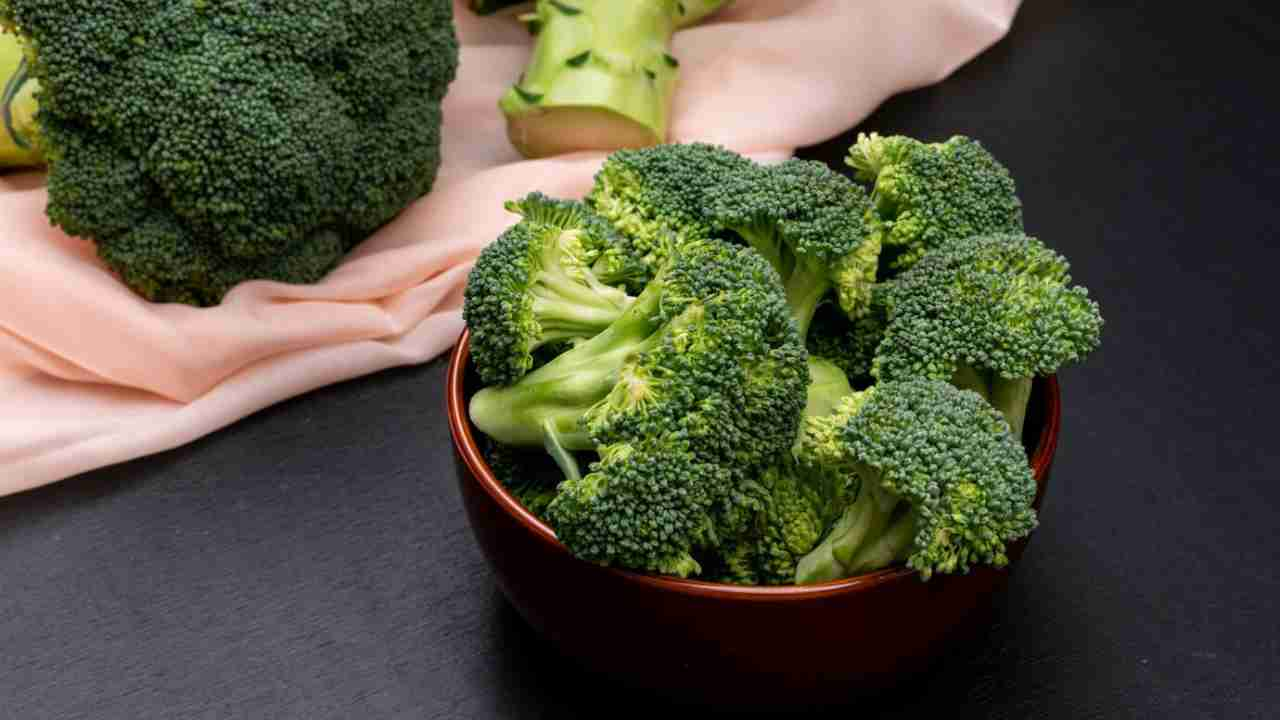
As a dog owner, you may be wondering if it’s safe to share some of your favorite healthy snacks with your furry friend. Broccoli is a nutritious superfood for humans, but can dogs eat it too? The good news is that in moderation, broccoli can be a safe and even beneficial treat for your pup!
Contents
The Benefits of Broccoli for Dogs
This crunchy green veggie is low in calories but rich in vitamins, minerals, and fiber that can support your dog’s overall health. Some of the key benefits of feeding broccoli to your dog include:
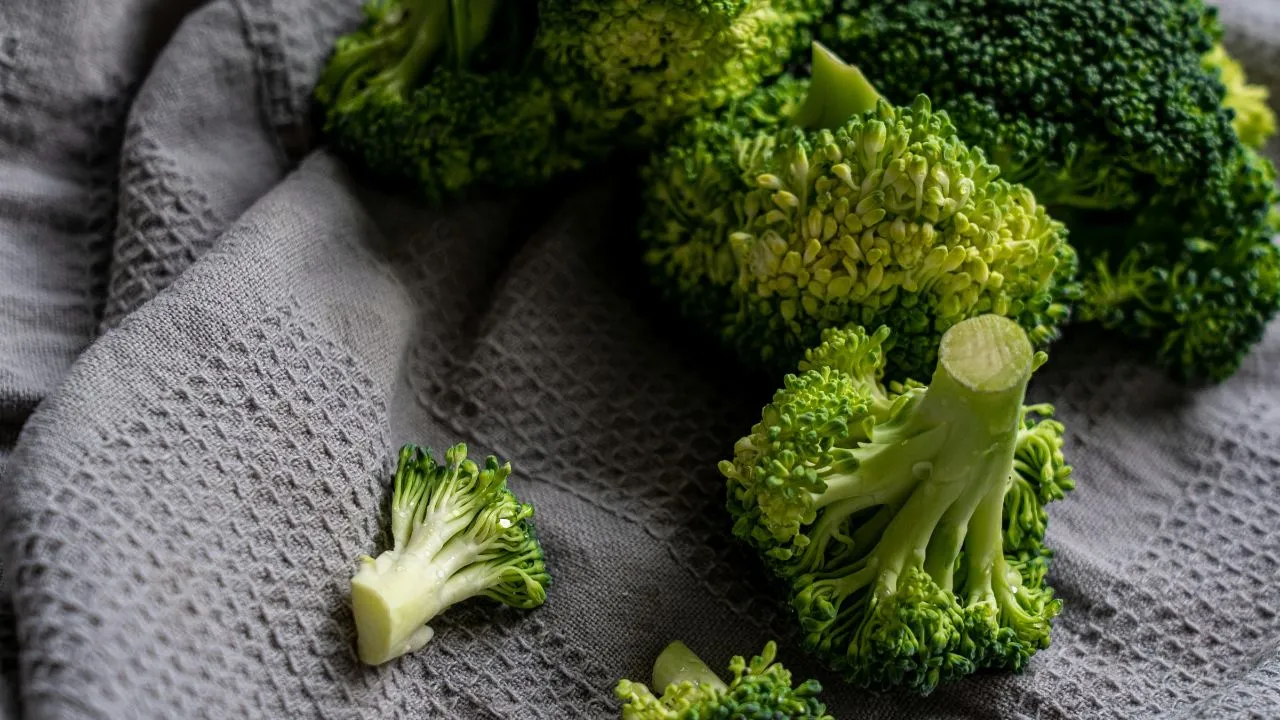
Vitamins K and C
Broccoli is rich in these essential vitamins, which support strong bones and a healthy immune system. Vitamin C acts as a potent antioxidant; it can help prevent your dog’s cells from being damaged.
Minerals Like Potassium and Magnesium
These electrolytes are vital for regulating nerve and muscle function. Potassium helps with proper heart rhythm, while magnesium supports hormonal balance.
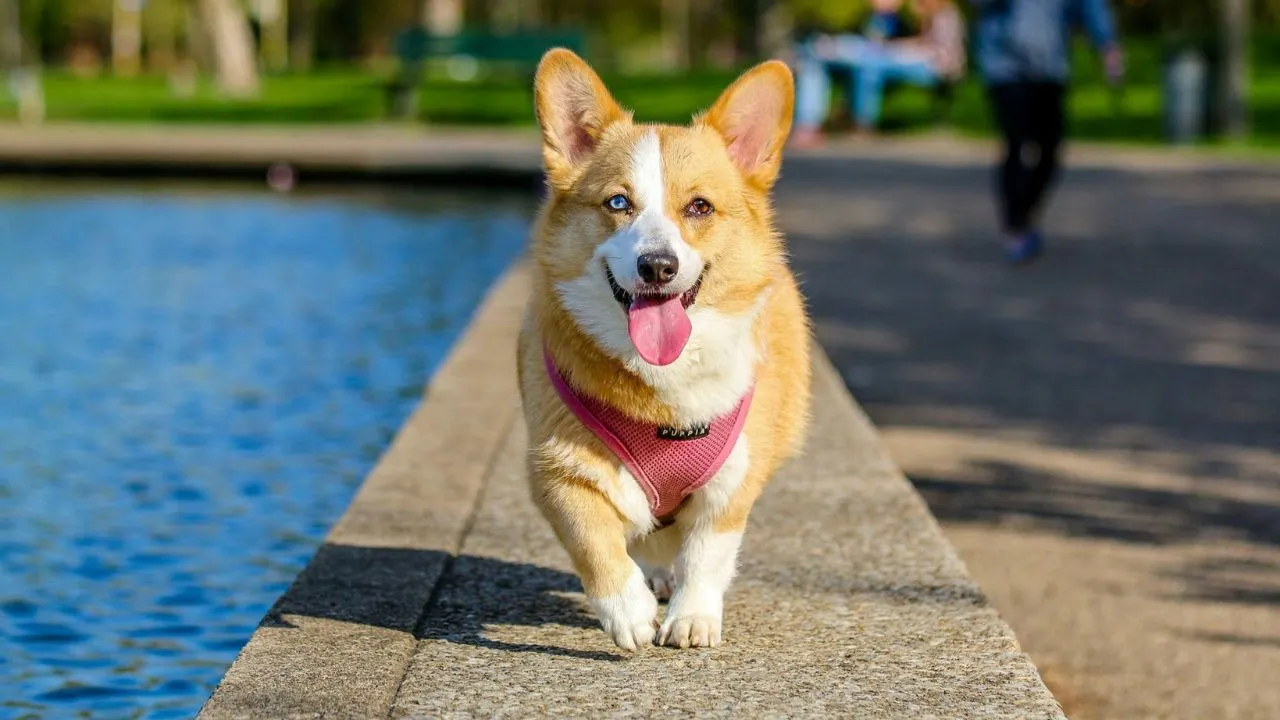
Fiber
The high fiber content in broccoli aids digestion and can help your pup feel fuller for longer, which is great for weight management. If your pet are in the weight management period, consider swapping out some of their usual treats for broccoli.
Antioxidants and Lutein
Broccoli contains antioxidants that fight inflammation in the body and support heart health. The phytonutrient lutein is important for eye health and preventing cataracts as your dog ages.
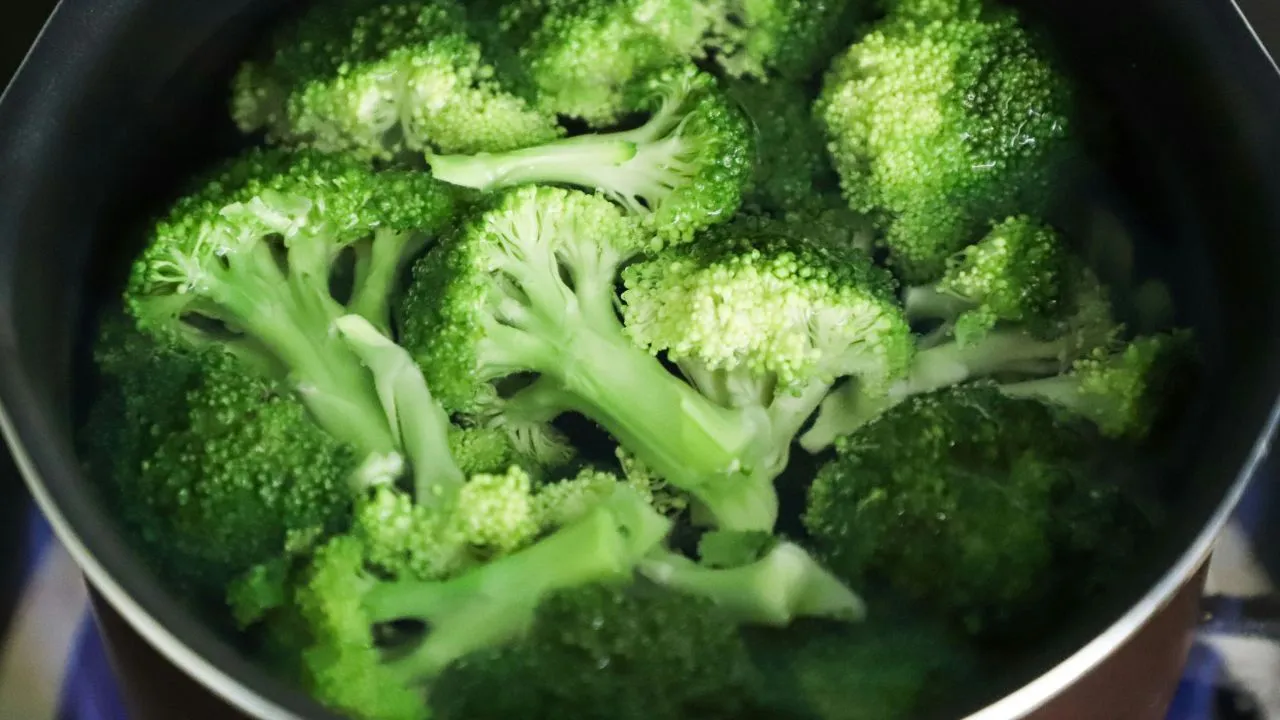
Dental Benefits
Chewing on raw broccoli stalks can actually help keep your dog’s teeth clean by scraping away plaque and tartar buildup. It’s like a natural toothbrush!
SHOP NOW
How to Feed Broccoli to Your Dog
Now that you know about the perks of broccoli, you’re probably eager to add it to your pup’s menu. But there are a few things to keep in mind to feed it safely:
Introduce it Gradually
If your dog has never had broccoli before, start with a small piece and see how they tolerate it. Some dogs may be sensitive to new foods.
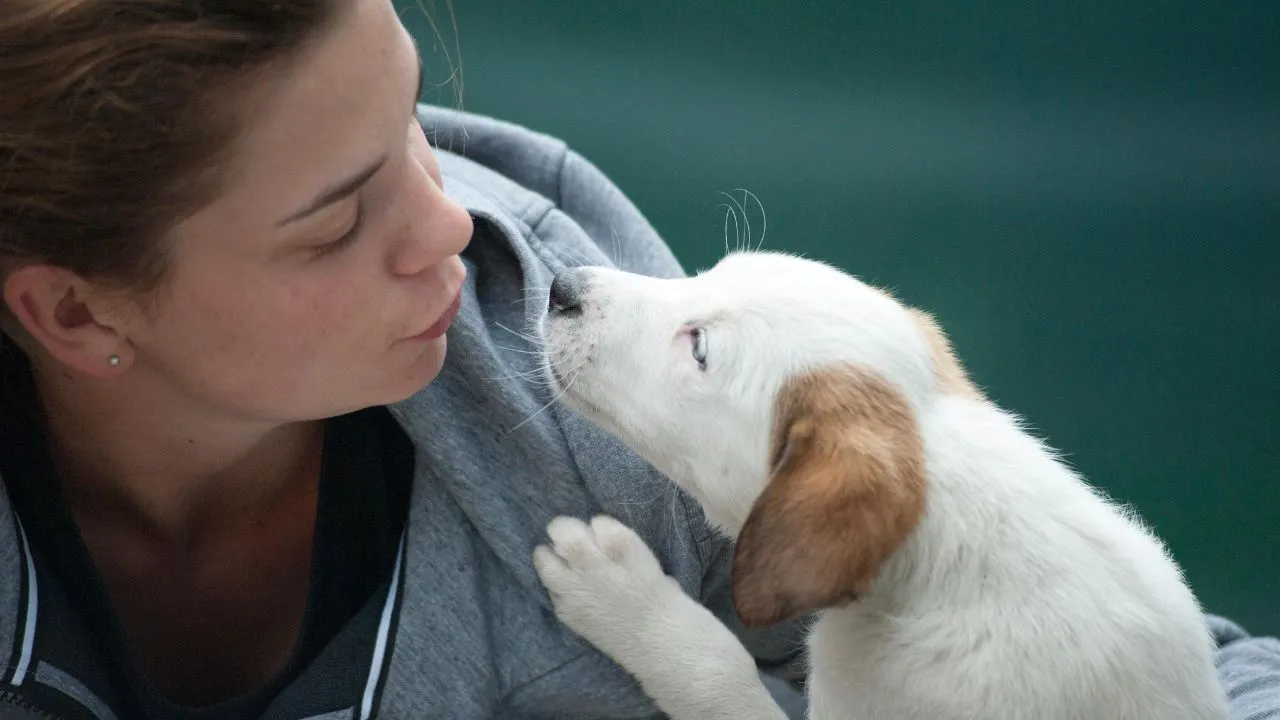
Cut it into Manageable Chunks
To prevent choking cut the broccoli up into bite-sized pieces appropriate for your dog’s size. Smaller dogs need smaller pieces.
Wash it well
Make sure to thoroughly rinse the broccoli before feeding to remove any dirt, bacteria, or pesticide residue that could make your dog sick.
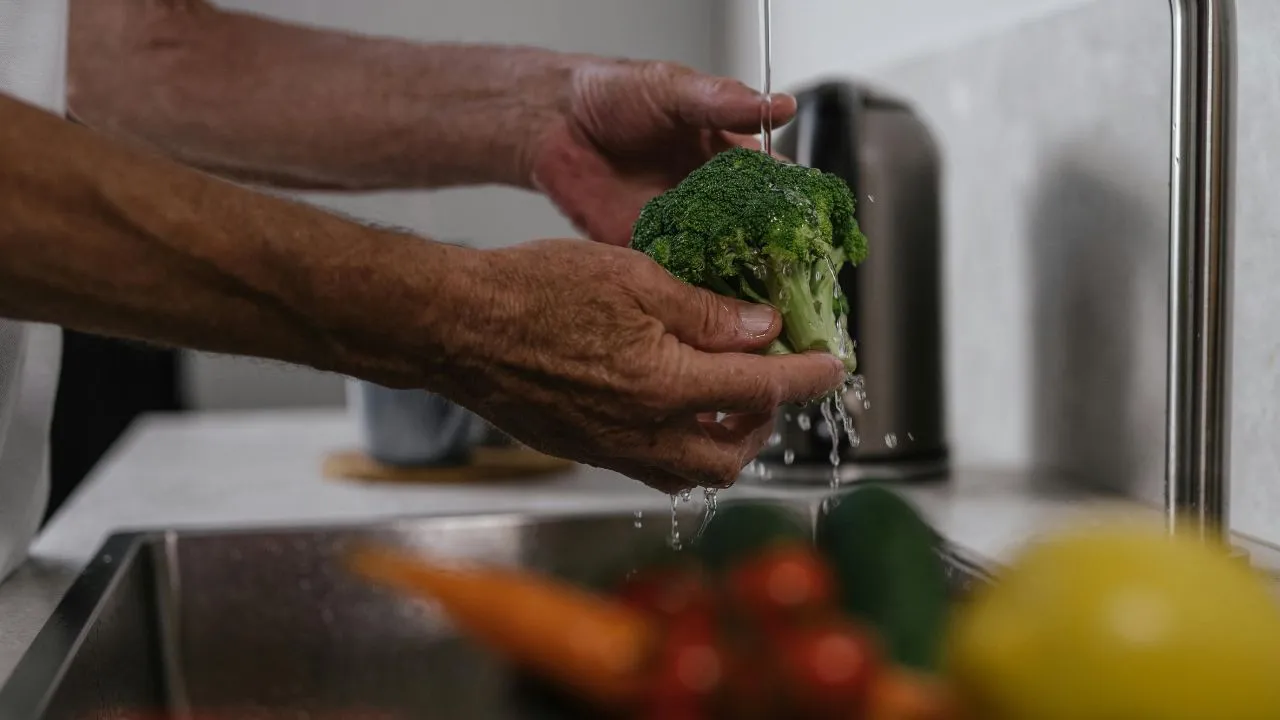
Feed it Raw or Plainly Cooked
Your dog can eat both raw and cooked broccoli. If you cook it, avoid adding any seasonings, oils, or other ingredients. Plain, steamed broccoli is best.
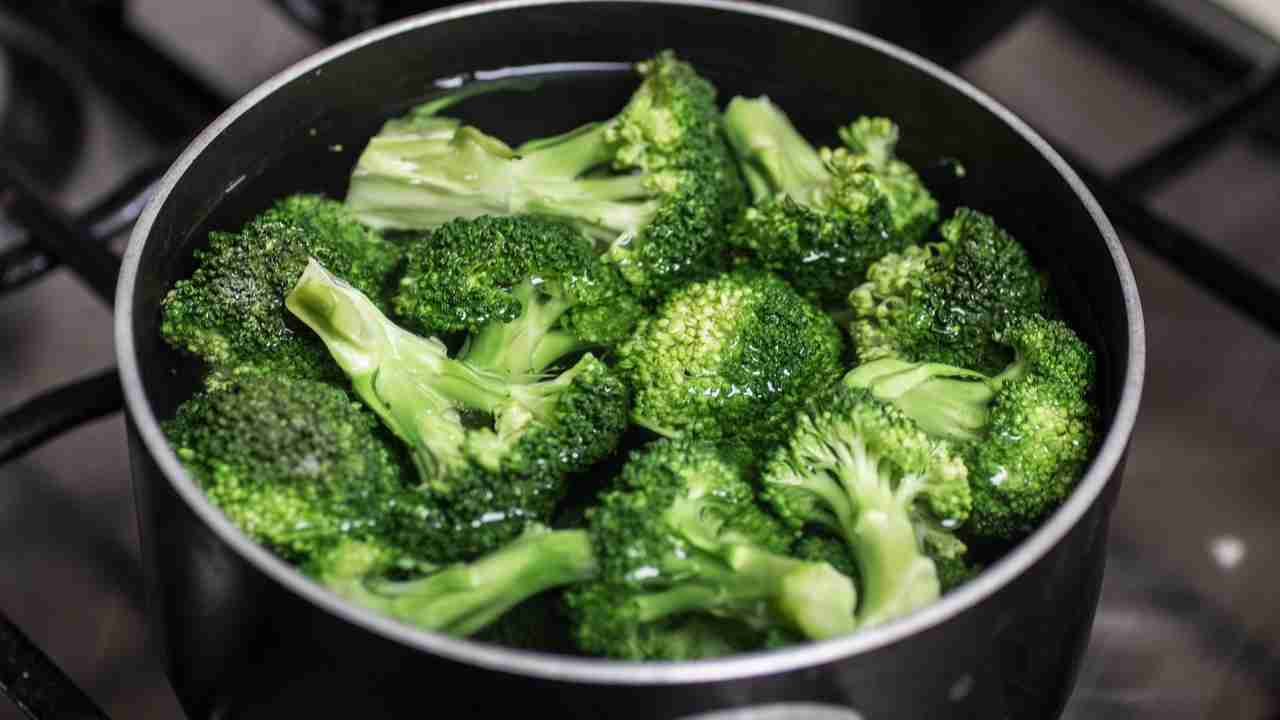
Offer it Frozen
You can also give your dog frozen broccoli as a refreshing treat. The cold temperature will feel good on their gums and teeth, especially on hot days. Just make sure the pieces aren’t too big.
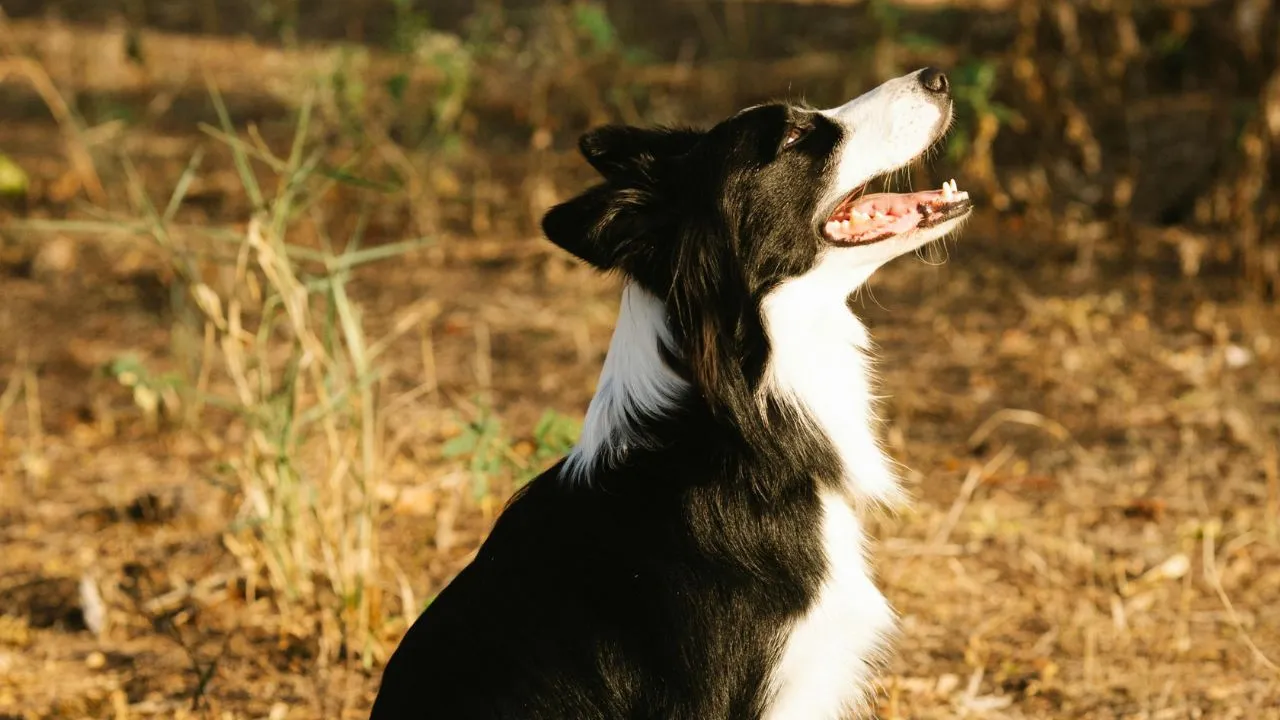
Use it in DIY Lick Mats or Puzzle Toys
For extra enrichment, try spreading mashed steamed broccoli on a lick mat or stuffing it into a Kong or other food puzzle toy. This will keep your dog occupied and mentally stimulated as they work to lick or nose out every last bit of broccoli. You can even mix the broccoli with some of their regular wet food or yogurt for a tasty challenge.
Keep it in Moderation
While broccoli is nutritious for your dog, it shouldn’t make up a big part of their meals. Try to limit broccoli and other treats to about 10% of their daily calorie intake. Just a few small pieces are usually enough for most dogs.
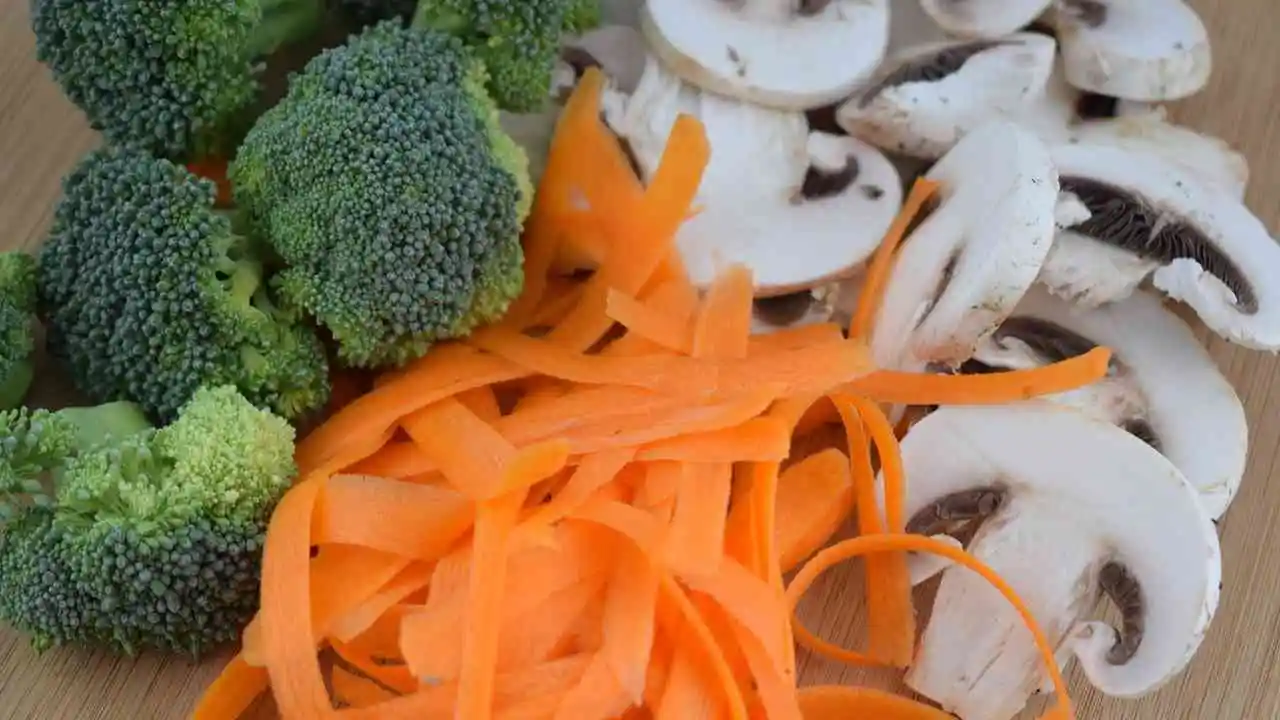
When Is Broccoli Not Safe for Dogs?
While broccoli is generally safe, there are a few situations where you should avoid giving it to your dog:
Allergies
Just like humans, some dogs may be allergic to broccoli. If you notice signs like itching, swelling, difficulty breathing, vomiting, or diarrhea after your dog eats broccoli, they may have an allergy. Contact your vet right away if you see these symptoms.
Puppies
A puppy’s digestive system is still developing, so it’s best to avoid giving them any cruciferous veggies like broccoli, cauliflower, or Brussels sprouts, which are harder to digest. Stick to food and treats made especially for puppies until they are fully grown.

Dogs with Sensitive Stomachs
Broccoli contains a compound called isothiocyanate which can be irritating to the GI tract in large amounts. If your dog tends to gas, bloating, or diarrhea, it’s probably best to skip the broccoli or give it in very small quantities. Every dog is unique in what foods they tolerate.
Broccoli Stalks
The stalks are very fibrous and can be a challenge for some dogs to digest properly. They can also pose a choking hazard. If you want to give the stalks, make sure they are cut up into small pieces, and monitor your dog closely while they eat. Avoid giving the stalks to dogs with dental disease or missing teeth.
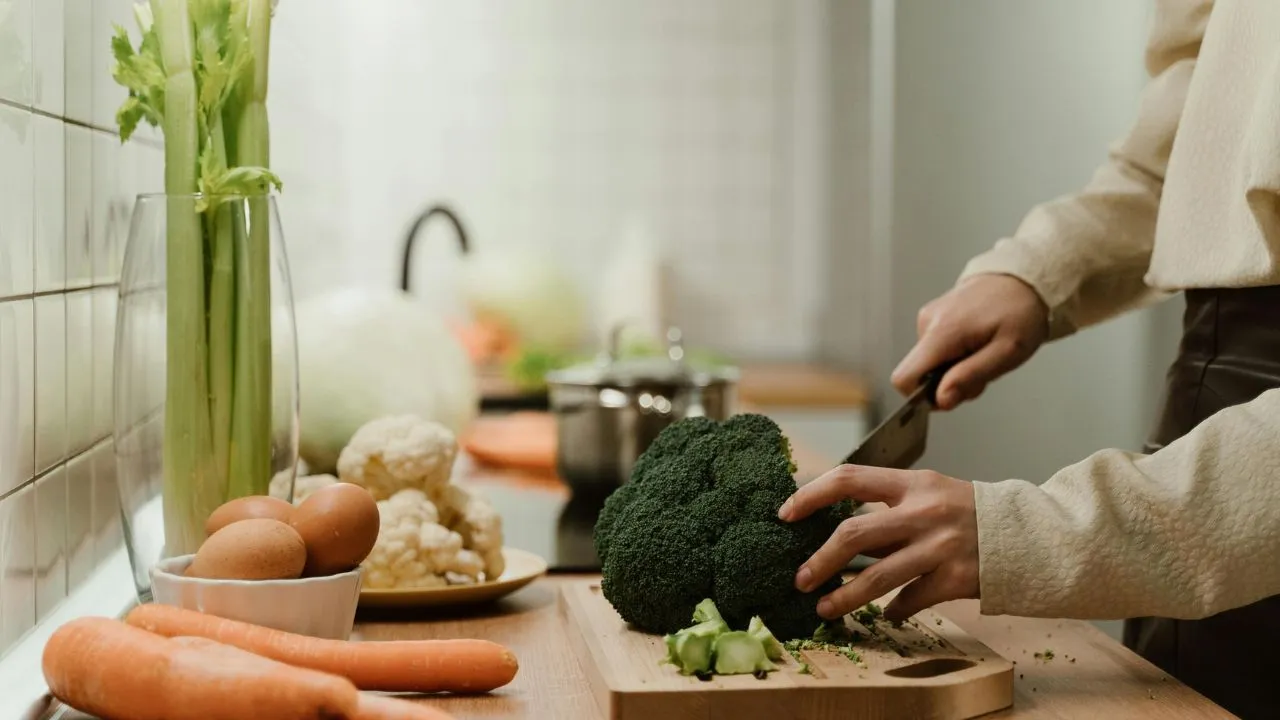
Final Thoughts
As you can see, broccoli can be a flavorful and nutritious way to add variety to your dog’s diet as an occasional treat, as long as you adhere to some simple safety guidelines. It provides a boost of vitamins, minerals, and gut-healthy fiber that will help keep your pup looking and feeling their best.
Remember, every dog is an individual, so what works for one may not work for another. It’s important to introduce new foods gradually and monitor for any adverse reactions. If you have any concerns about whether broccoli or other human foods are appropriate for your dog, it’s always a good idea to check with your veterinarian first. They can guide you based on your dog’s specific age, breed, size, and health status.

Wishing you and your broccoli-loving canine companion many happy, healthy years together! How does your dog like their veggies? Do they have a favorite? Let us know in the comments below!